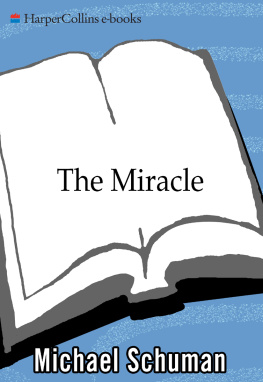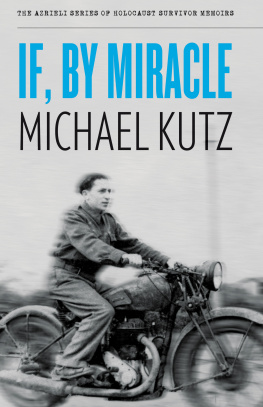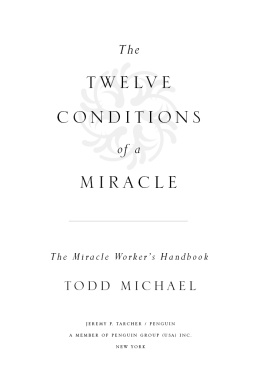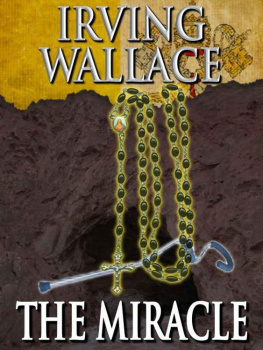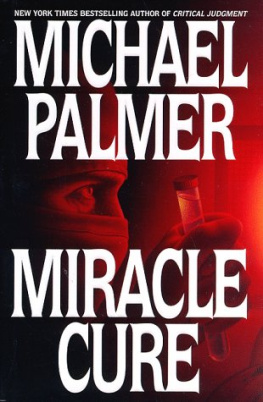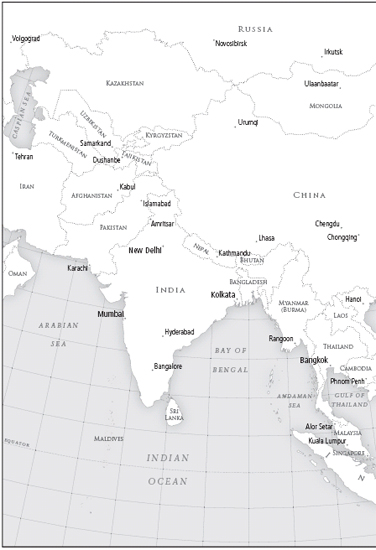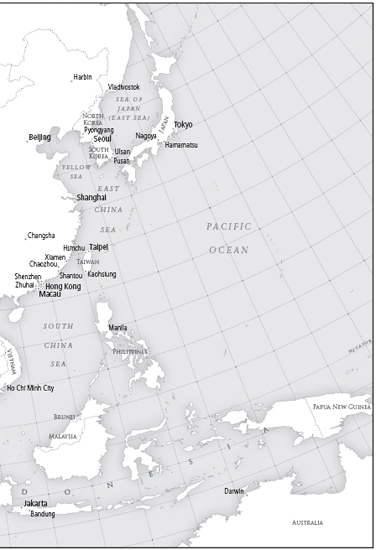Contents
A Few Thoughts on How Miracles Happen
The Radio That Changed the World
Why Koreans Want to Clone a Dictator
Minister Mentors Asian Values
The Early Days of Superman
A Tale of Duck Eggs and Dragon Dreams
To Get Rich Is Glorious
The Father of Development and His Mafia
Mr. Thunders American Dream
The Man in the Blue Turban
A Dose of Dr. Ms Tough Medicine
Every Street Is Paved with Debt
A Fish Jumps through the Dragon Gate
An Unexpected Journey from Shortening to Software
Lessons from a Refrigerator Factory
( IN ALPHABETICAL ORDER )
MONTEK SINGH AHLUWALIA : A civil servant in India, Ahluwalia advocated for the dismantlement of the License Raj and assisted Manmohan Singh and P. Chidambaram in their market-reform program of the early 1990s.
ANWAR IBRAHIM : As Malaysias finance minister, Anwar challenged Mahathir Mohamads radical economic policies during the Asian Financial Crisis. He became the leader of a Malaysian reform movement.
PRAMOD BHASIN : As chief of GE Capital in India, Bhasin, in cooperation with Raman Roy, turned Indias fledgling business-process outsourcing sector into a large and influential Indian industry.
CHAN CHIN BOCK : As a member of Singapores Economic Development Board, Chan was responsible for attracting some of the earliest and most important foreign investors to the island.
MORRIS CHANG : A former Texas Instruments executive, Chang was invited to Taiwan by the government to develop new technology industries. He founded the first independent chip foundry, Taiwan Semiconductor Manufacturing Company.
CHIANG KAI-SHEK : The leader of Chinas Nationalists, Chiang lost control of the country in a bloody civil war with Mao Zedongs Communists. He reestablished his regime on Taiwan, where he and a team of skilled technocrats transformed the island into one of Asias earliest and most impressive economic success stories. Chiang served as president of the government on Taiwan from 1950 to 1975.
PALANIAPPAN CHIDAMBARAM : A lawyer and ally of Manmohan Singh, Chidambaram, as commerce minister in the early 1990s, played a key role in dismantling the License Raj during Indias market-reform drive.
CHUNG JU YUNG : Founder of South Koreas giant Hyundai group of companies, the bold Chung rose up from poverty to develop the countrys powerful car and ship industries. He became known as King Chairman.
CHUNG MONG KOO : Chung Ju Yungs son, Chung took over management of Hyundai Motor in the late 1990s and surprised the auto industry by transforming the second-rate carmaker into a major global competitor.
DAIM ZAINUDDIN : As finance minister of Malaysia, Daim, a close protg of Mahathir Mohamad, was the countrys most powerful economic official and led the governments liberalization and privatization efforts.
DENG XIAOPING : As Chinas paramount leader, Deng championed the reforms in the late 1970s and 1980s that transformed the economy from a centrally planned Communist model to a system based on trade, foreign investment, and private enterprise. He is responsible for making China the worlds budding superpower, but his brutal crackdown on protestors in Tiananmen Square in 1989 tarnished his reputation.
FUNG HON-CHU, VICTOR FUNG, AND WILLIAM FUNG : The Fungs manage Hong Kong trading firm Li & Fung. They played a pioneering role in developing borderless manufacturing, in which products are assembled from components from many countries to lower costs.
GOH KENG SWEE : A long-serving minister in Singapore, Goh was Lee Kuan Yews right-hand man and a tireless proponent of industrialization in Singapore.
BACHARUDDIN JUSUF (B. J.) HABIBIE : An Indonesian government minister and aviation engineer, Habibie oversaw an expensive effort to build a heavy industry sector. His ideas on state-led development challenged the free-market ideology of the Berkeley Mafia. He became president of Indonesia after Suhartos resignation in 1998.
MOHAMAD BOB HASAN : A golfing partner of Indonesia autocrat Suharto, Hasan was the prototype crony businessman who became the countrys top timber tycoon. He once called himself King of the Jungle.
ALAN HASSENFELD : The former chairman of U.S. toymaker Hasbro, Hassenfeld developed ties to Asian industrialists in the late 1960s and 1970s, including Hong Kongs Li Ka-shing, as American industry began to shift production to Asia.
SOICHIRO HONDA : The most successful automobile entrepreneur of the postWorld War II era, Japans Honda aggressively built his upstart business with important technical breakthroughs. Honda is famous for challenging the dictates of the powerful bureaucrats at Japans Ministry of Trade and Industry (MITI). His company was the first Japanese carmaker to open a factory in the United States.
HU YAO-BANG : A general secretary of Chinas Communist Party, Hu was a key supporter of Deng Xiaoping and one of the countrys most aggressive reformers and champions of free expression. His death sparked the protests in Tiananmen Square in 1989.
MASARU IBUKA : Co-founder of Japans Sony, the brilliant Ibuka was the engineering genius behind many of the companys most famous gadgets.
HAYATO IKEDA : As Japanese prime minister in the early 1960s, Ikeda built confidence in Japans economy by launching a plan to double national income in ten years.
SHOICHIRO IRIMAJIRI : The manager of Hondas first car plant in America in the 1980s, the quirky Irimajiri became the face of Japanese automakers in America. He was known as Mr. Iri.
JOHN JOYCE : As IBMs chief financial officer, Joyce negotiated the sale of the firms PC unit to Chinese PC maker Lenovo.
KIM DAE JUNG : South Koreas leading democracy advocate, Kim challenged the countrys dictators for more than two decades. He was elected president in 1997 and guided Korea through the Asian Financial Crisis.
KIM WOO CHOONG : The flamboyant founder of the Daewoo Group, Kim became South Koreas most international and well-known tycoon. His mismanagement created one of the worlds biggest bankruptcies during the Asian Financial Crisis.
F. C. KOHLI : The dictatorial Kohli is known as the father of Indias IT industry. He turned Tata Consultancy into Indias first international IT services provider.
LEE KUAN YEW : The first prime minister of Singapore, Lee instituted creative economic policies that transformed the island into a major industrial and finance center. His Asian values argument and criticism of Western democracy also make Lee one of the Miracles most controversial figures.
LI KA-SHING : Chairman of Hong Kong conglomerate Hutchison Whampoa, Li rose from a small plastic-flower maker to one of Asias richest men. His amazing success has earned him the nickname Superman.
LI KUO-TING : A physicist, Li was a key policymaker in Taiwan for four decades. His ideas helped the island become a major exporter and electronics manufacturer.
LIU CHUANZHI : A former government researcher, Liu took great risks in founding PC maker Lenovo. As Chinas first multinational enterprise, Lius purchase of IBMs PC unit signaled the countrys growing global ambitions.

